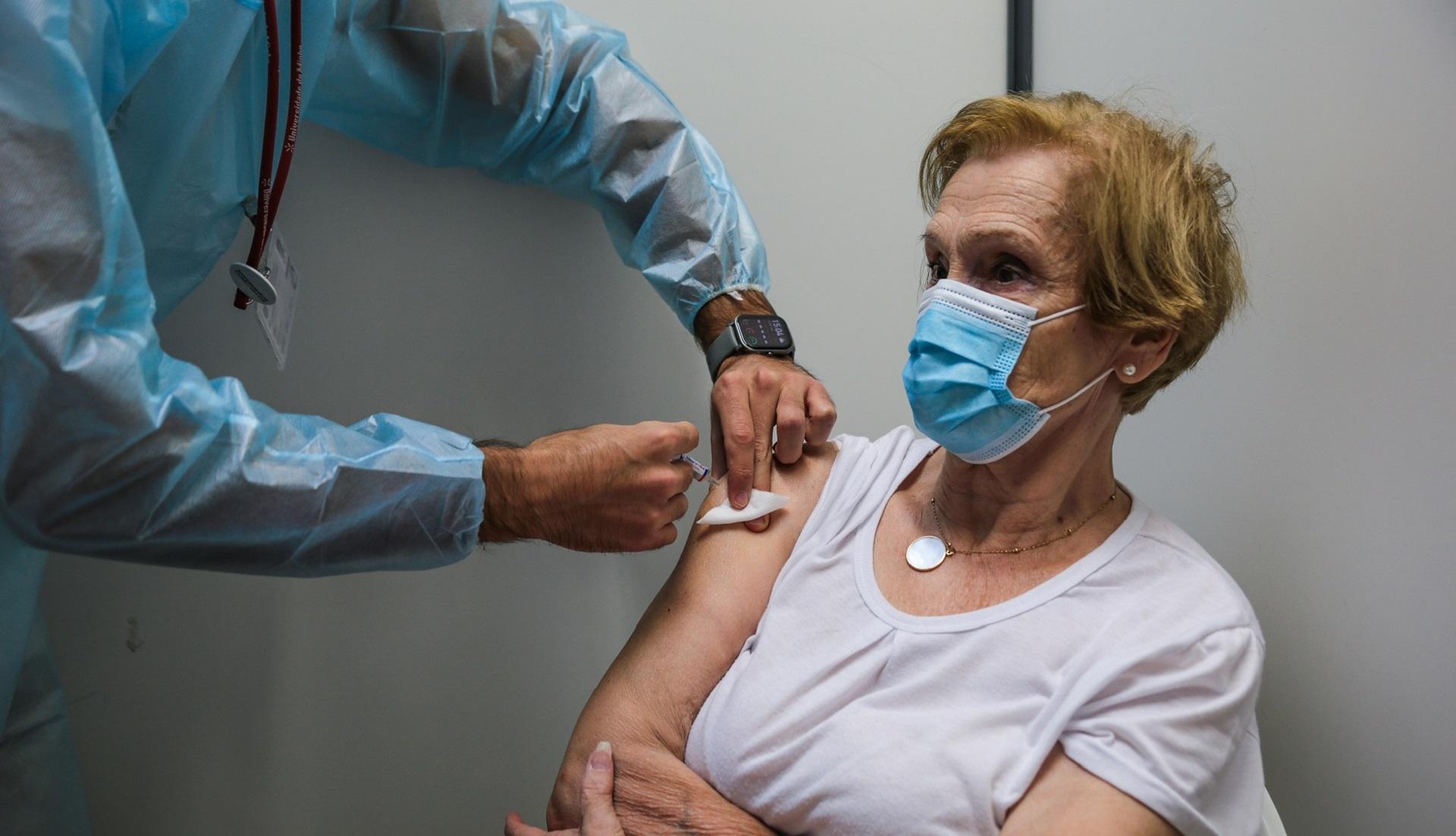Emergency vaccination reduced deaths by nearly 60% during epidemics, study finds
The study was conducted with the support of Gavi, the Vaccine Alliance, in collaboration with researchers from Australia’s Burnet Institute


(Web Desk): A new study has revealed that emergency vaccination efforts over the past 25 years have led to nearly a 60% reduction in deaths caused by outbreaks of diseases such as cholera, Ebola, and measles.
According to a report by AFP, the research also shows that a similar number of potential infections were prevented, while the initiative brought billions of euros in economic benefits globally.
The study was conducted with the support of Gavi, the Vaccine Alliance, in collaboration with researchers from Australia’s Burnet Institute. Their goal was to assess the impact of emergency vaccination on global health and public safety.
Dr. Sania Nishtar, head of Gavi, said in a statement: “For the first time, we’ve been able to fully assess, in both human and economic terms, how effective vaccines are during deadly infectious disease outbreaks. The study clearly shows that vaccines are a cost-effective way to respond to the growing threat of major epidemics.”
Published in the British medical journal BMJ Global Health, the study analyzed 210 outbreaks of five infectious diseases—cholera, Ebola, measles, meningitis, and yellow fever—in 49 low-income countries between 2000 and 2023.
Findings showed that emergency vaccination campaigns in these countries led to nearly 60% reductions in both cases and deaths. In some cases, the effect was even more significant: yellow fever-related deaths dropped by 99%, while Ebola deaths were reduced by 76%.
The study also found that emergency vaccination effectively curtailed the spread of epidemics.
Additionally, the estimated economic benefit of these campaigns was calculated to be at least $32 billion, based solely on lives saved from death and disability. However, researchers noted this is likely an underestimate, as it does not account for emergency response costs or broader socio-economic disruptions caused by major epidemics.
For instance, the 2014 Ebola outbreak in West Africa, which lacked an approved vaccine at the time, resulted in widespread global cases and cost West African nations over $53 billion.
Imran Khan’s sister Noreen Niazi injured after falling into under-construction sewer line
- 12 hours ago

Pakistan, Qatar vow to further strengthen strategic partnership
- 5 hours ago
Met office forecasts dry weather in most parts of country
- 12 hours ago

Gold prices continue to surge in Pakistan, global markets
- 12 hours ago
Pakistan, Qatar review trade & economic cooperation
- 8 hours ago
Security forces kill four terrorists in DI Khan IBO: ISPR
- 12 hours ago

England defeat Pakistan by 2 wickets and reach T20 World Cup semi finals
- 5 hours ago
Pakistan set 165-run target for England in Super 8 clash
- 7 hours ago
Senate passes resolution rejecting Israeli statement, reaffirms support for Palestine
- 13 hours ago
USS Gerald Ford, world’s largest aircraft carrier, at US base on Crete
- 8 hours ago
The Pixel 10A and Soundcore Space One are just two of the best deals this week
- 14 hours ago
Six cops including DSP martyred in Kohat attack
- 12 hours ago









